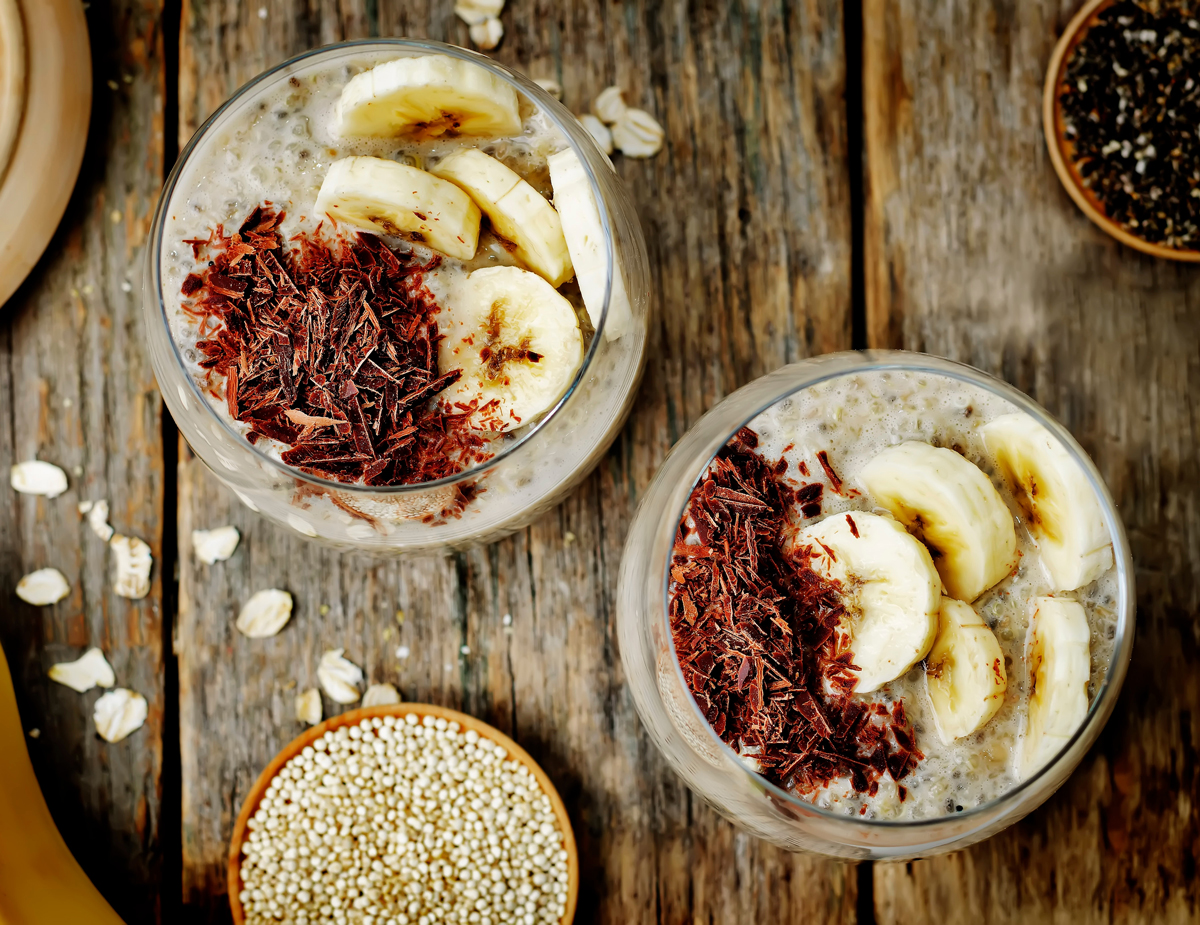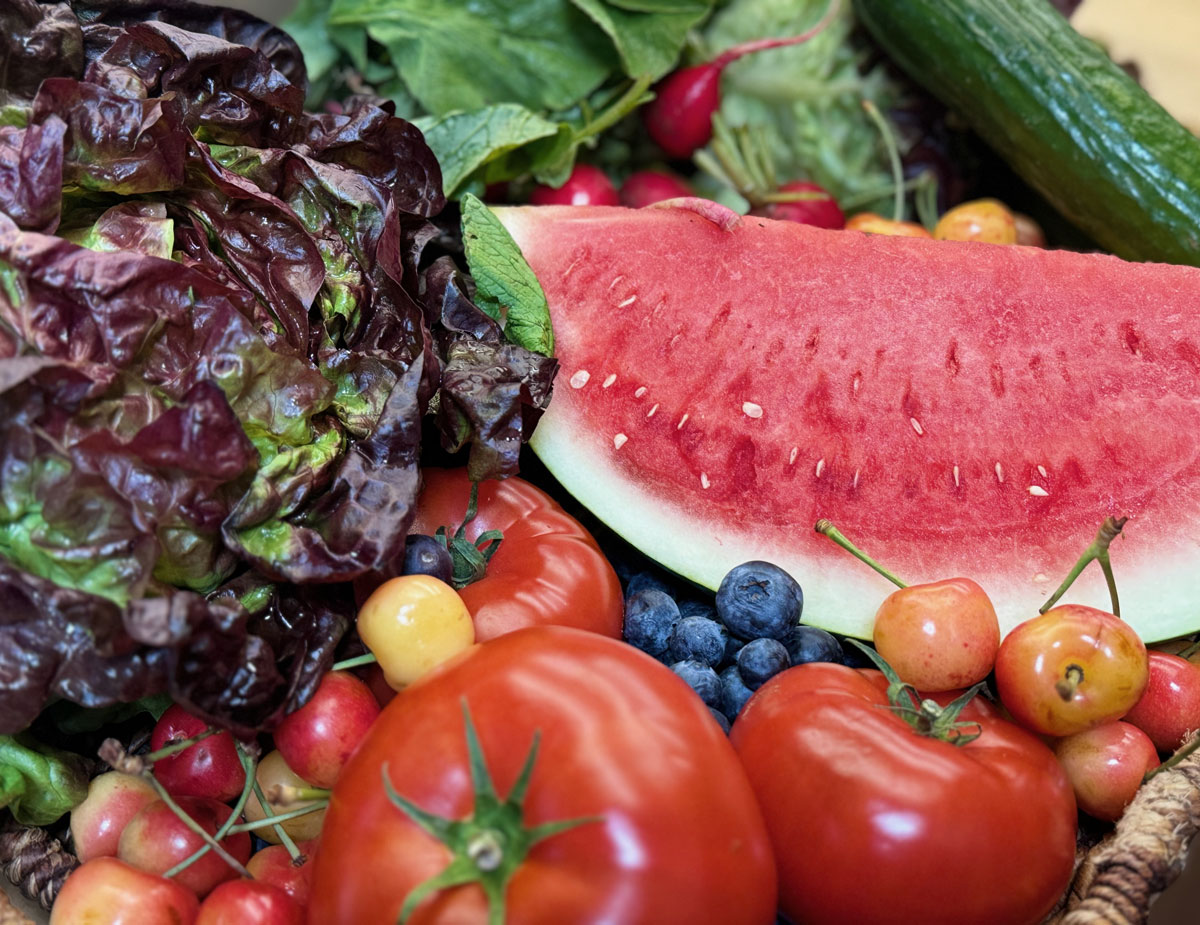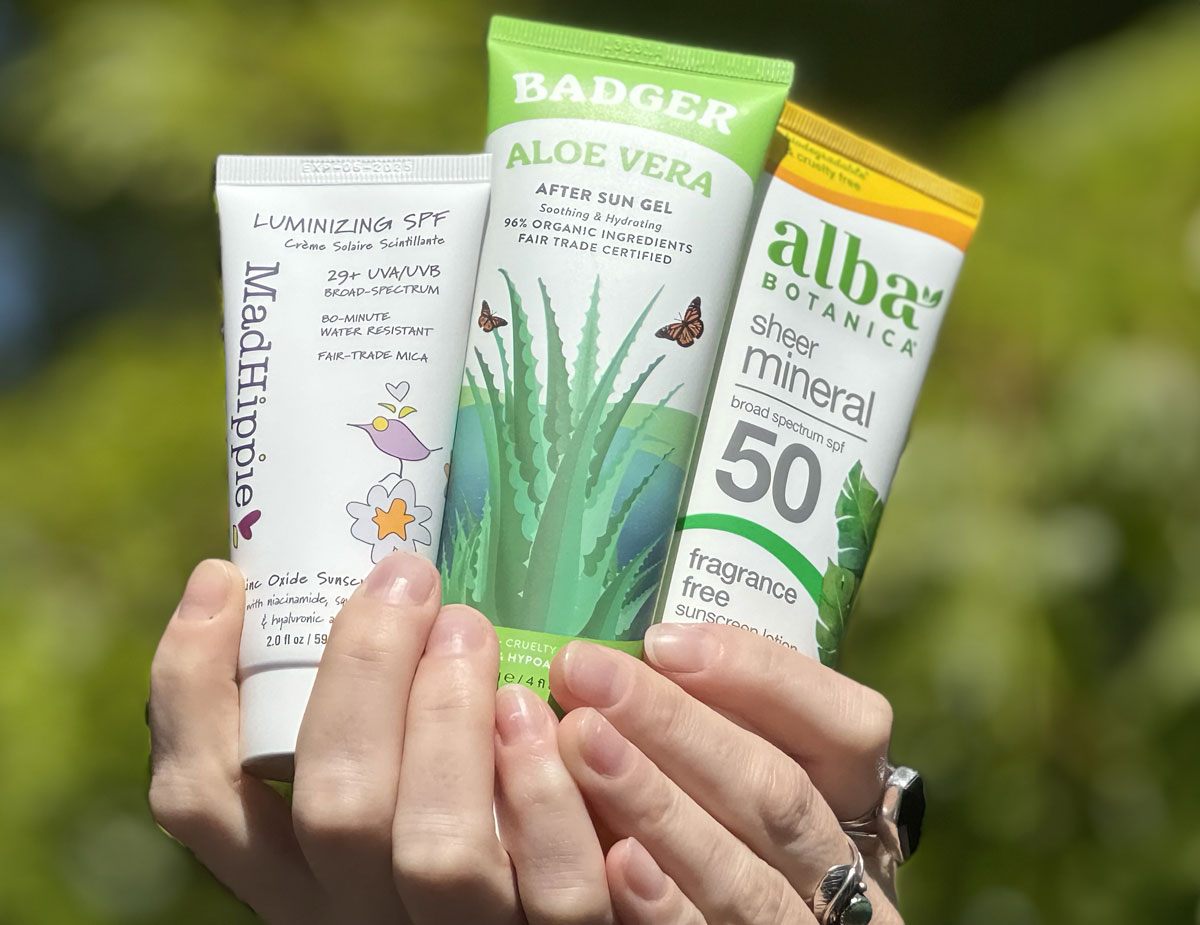
Consuming protein as part of your daily diet is essential for optimal health. Protein supports immune function, builds and repairs cells – think muscles, bones and skin – and supports the body in producing enzymes and hormones. Protein can also help you feel full longer and is known to provide sustained energy.
There are many well-known and well-regarded sources of protein – dairy, eggs, nuts, meats, seafood and plant-based foods such as tofu – but you might not know that some grains and seeds, vegetables, as well as supplements, can also be great protein sources, all of which can be found at your Market of Choice.
Grains & Seeds
In addition to being a carbohydrate staple, many grains are high in protein and B vitamins. Oatmeal, wild rice, teff, buckwheat, spelt, amaranth, oat bran, bulgur, pearled barley, cornmeal, couscous and other whole-wheat pastas, as well as kamut – also known as wheat berries – are all excellent plant-based protein choices.
Sunflower seeds, flax seeds, sesame seeds, chia seeds and many squash seeds are also considered protein-packed gems. Pumpkin seeds, for example, have 8.5 grams of protein in a single handful, as well as fiber and minerals, like iron, phosphorus, magnesium and zinc. They’re great in trail mixes and salads, or simply roast them, using a variety of spices and seasonings, such as garlic powder, paprika, smoked salt, basil, oregano, even cinnamon and sugar, to create a flavorful, protein-rich snack.
Quinoa, which is often thought of as a grain but is actually a seed, is higher in protein than many grains. It is referred to as a “nearly complete protein” because it contains nine of the essential amino acids that your body can’t make on its own. Many of these seeds and grains can be found in your Market grocery aisles or in the Bulk Department of your Market.
Vegetables
Some of the higher protein vegetables that you’ll find within your Market’s Produce Department are spring favorites – asparagus, artichokes and spinach – as well as Brussels sprouts and broccoli. When in season, sweet corn is also a sweet source of protein, best enjoyed fresh and roasted on the grill.
Check out the Market of Choice recipe collection for delicious ways to incorporate proteins into your meals.
Protein Supplements
How much protein you need depends on several factors, including body size, activity level and age. Sometimes protein supplements, like powders and bars, are a good choice to fill the gaps in the diet, like after a big workout, or whenever you’re pressed for time and can’t get in a good meal until later, or when you need a healthy snack. These supplements, however, are typically not meant to replace whole foods.
Protein powder formulations vary greatly, so it’s important to read the labels to determine what’s best for you based on your health and lifestyle choices. The most common protein powder is whey, a complete water-soluble milk protein that most bodies absorb quickly and easily. Casein is another dairy-based protein powder.
Plant-based protein powders include soy, pea and hemp. Some protein powder brands we carry include, plant-based KOS Organic Plant Protein Powders, Vega Protein Powders, Sunwarrior Plant-Based Protein Powders, Sunfood Superfood Smoothie Mixes and Garden of Life. In addition to powders, we carry many ready-to-drink protein shakes. Brands and varieties vary by store.
We offer plenty of protein-rich bars, too, including the whey protein-based Onnit Protein Bites, plant-based organic Core Bar, nut-based Mammoth Bars and many more, which come in a variety of flavors.
Our Whole Health experts are happy to offer recommendations, but it’s always good to check with your healthcare provider if you’re unsure. Competitive athletes should be especially diligent about researching which protein supplement is right for you.
Explore More Topics
Related Posts
- A Busy Person’s Guide to Staying Hydrated
Whether you’re an athlete or an office employee, chances are your lifestyle is fast-paced and on-the-go. Our modern way of living poses unique challenges to staying hydrated and healthy at any level of physical activity.
- Oregon’s Summer Harvest
It’s summer time in the Pacific Northwest which means sunnier days, warmer weather, and a time for exploring the fresh, delicious harvest that local farms have to offer.
- Your Guide to Natural Sun Care and After Sun Care Products
Our Whole Health experts answer the most common questions about sun care products and after sun care, including local Oregon-made brands.



